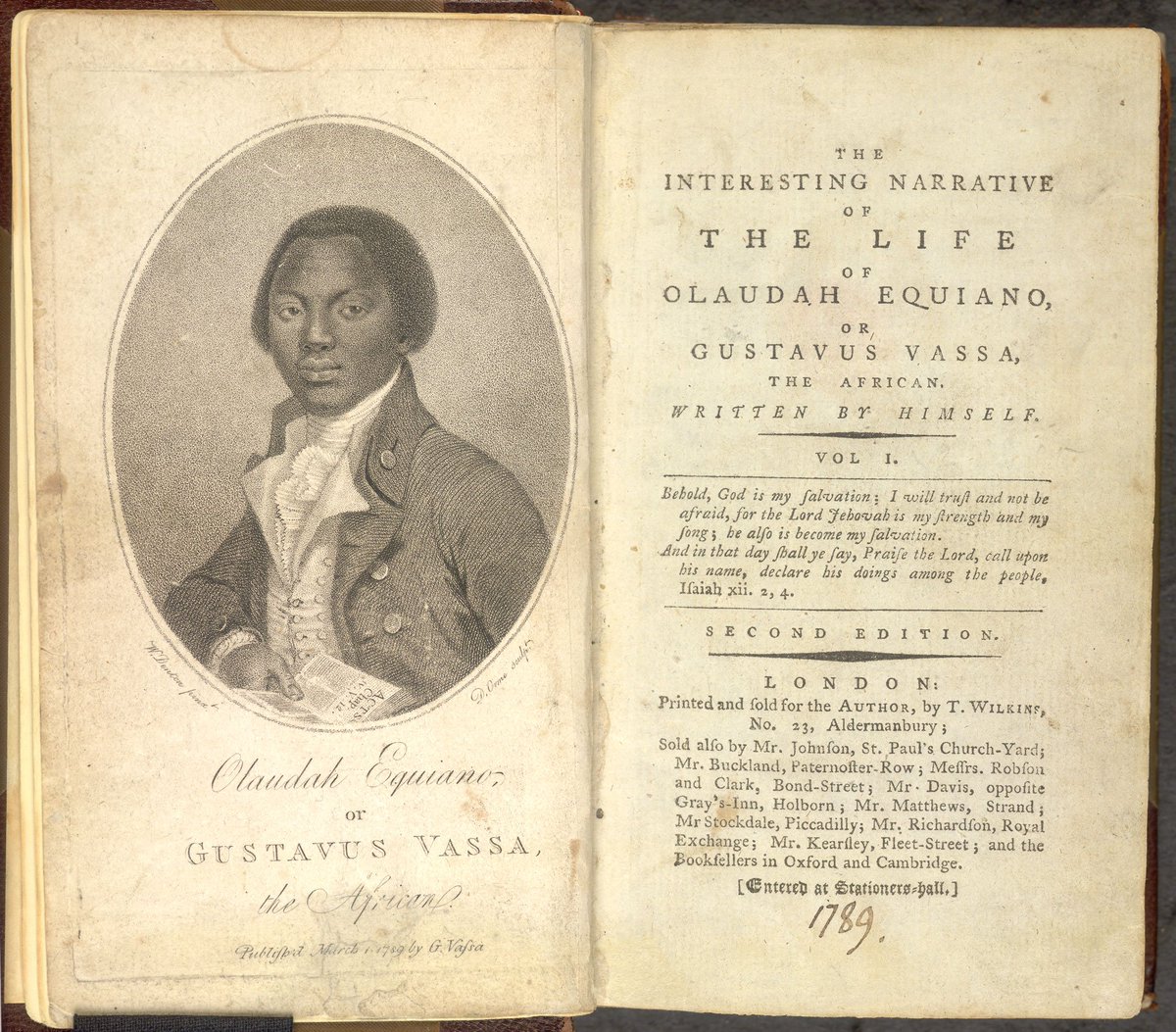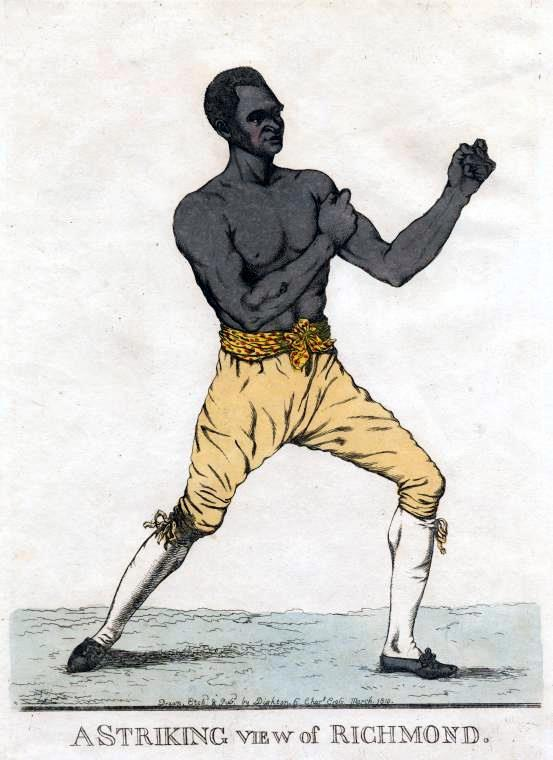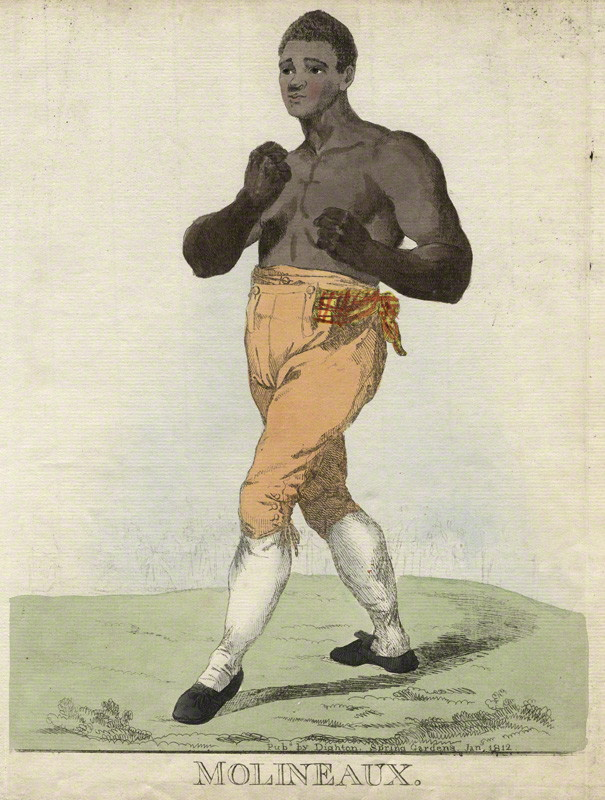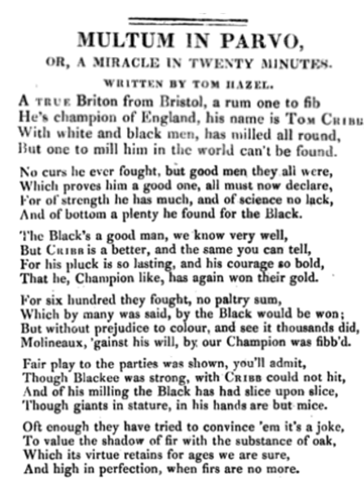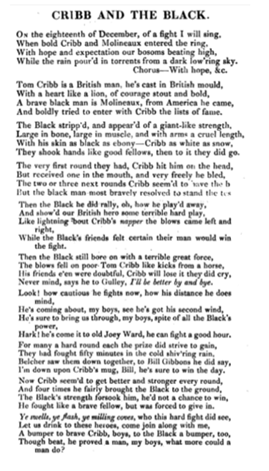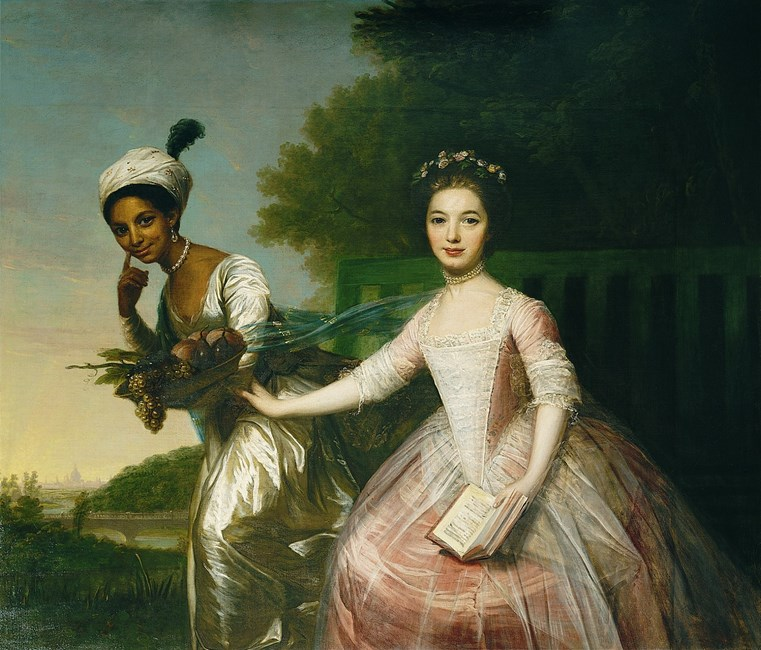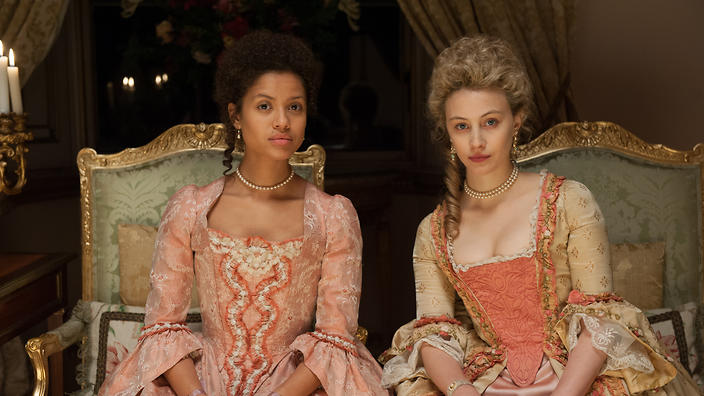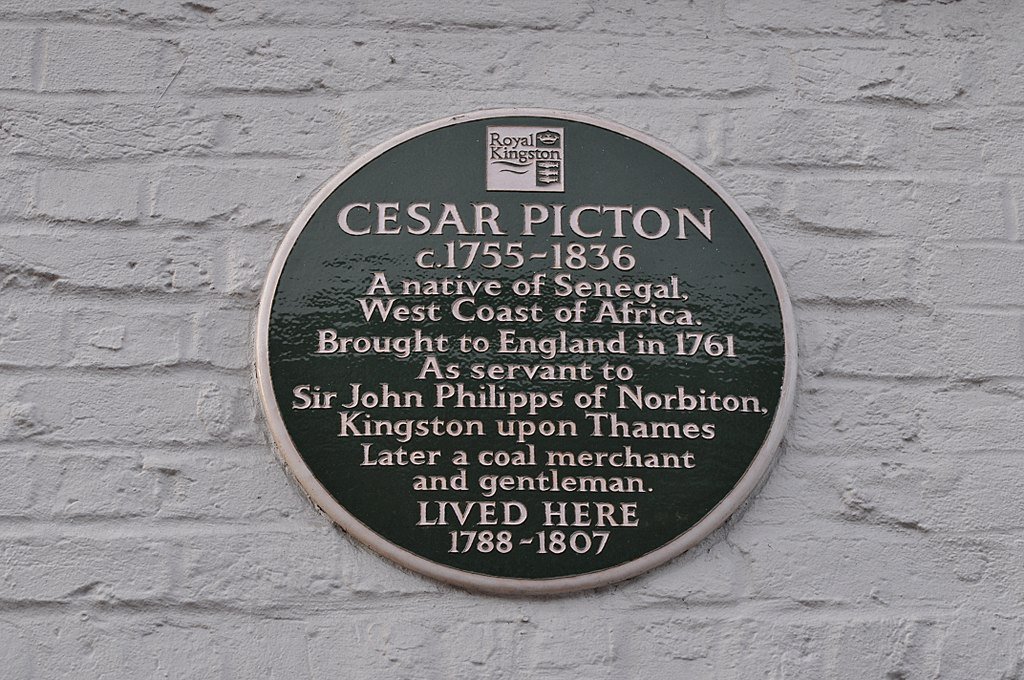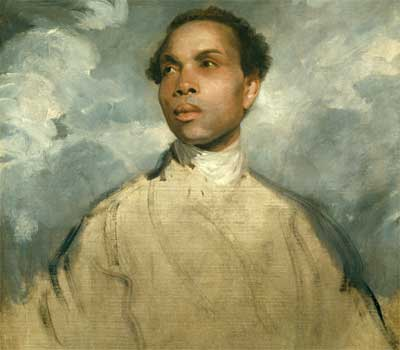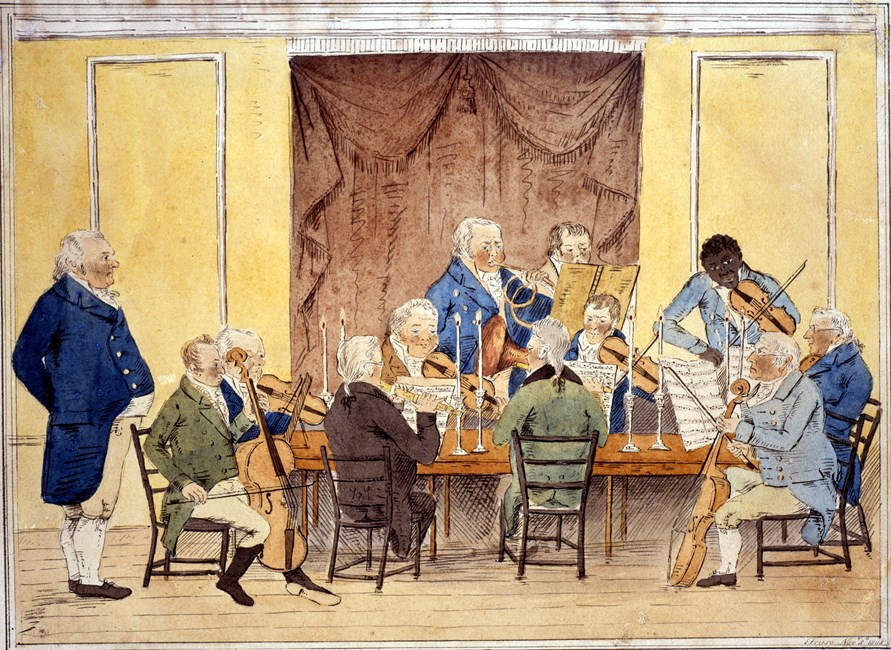What is certainly true is that Britain was not 'white' as is often portrayed in period dramas or asserted by Romance readers who don't want a 'woke' agenda. In the 1790s up to 20,000 'Poor' Black people lived in London, working in a variety of positions though often in service.
As any historian can tell you, Black people have a long history in Britain. But there was a particular growth in the Black population at that time. Here's a good easy intro from the incredible @DavidOlusoga
How I'd like to end the thread is by introducing a few examples of the Black people living and working in the period. I'll intro a few but go and look people up. Go explore. Find a whole world. Thousands of Black lives with their own stories. https://www.nationalarchives.gov.uk/pathways/blackhistory/
One of the most famous Black British figures is Olaudah Equiano and you can read his story in his own words. Kidnapped as a child, while enslaved he served in the navy, became a clerk and then trader in the West Indies and America and became a figure in the abolitionary movement.
He was a key figure in the 'Sons of Africa' black abolitionary group and involved in the attempted set up of the Sierra Leone colony for the 'Black Poor' as a Commissary of Provisions and Stores but left after speaking out against corruption.
He was also involved in radical political groups, arguing for increased suffrage, like the London Corresponding Society. He married Susannah Cullen who he met on a book tour. The marriage resulted in two children before Susannah's unfortunate early death.
Bill Richmond was a famous British boxer (born originally in New York). He trained originally as a cabinet-maker, lived in Yorkshire with his Yorkshie wife Mary Dunwick. He was the subject of racial prejudice and fought back after several racial attacks.
Bill Richmond became a boxing star in his 40s when he moved to London. With his winnings, he became the owner of the 'Horse and Dolphin' pub in London and took over training the rising star Tom Molineaux. He eventually ran a boxing school as well as doing a few Royal exhibitions!
Tom Molineaux was another famous name in boxing and his initial bout with Thomas Cribb in 1810. An INCREDIBLY long bout and one of the most famous and controversial ever... Molineaux was all set to win before an accusation of cheating which gave Cribb time to recover!
A fascinating contemporary resource are the ballads written about the first Molineaux/Cribb fight. Here are a few! Original source - https://www.google.co.uk/books/edition/Boxiana_Or_Sketches_of_Ancient_and_Moder/9YYoAAAAYAAJ?hl=en&gbpv=0
Taking a quick donut break. I'll be back!
Records of Black women in the period are often harder to find although they composed a significant part of the Black population. The most famous Black woman in the 18th century was, of course, Dido Elizabeth Belle.
Born the illegitimate daughter of Maria (an enslaved woman) and Sir John Lindsay, she grew up in Kenwood House (the seat of Lord Mansfield, her great-uncle). She ran the dairy and aided in Lord Mansfield's correspondence. While one of the family, she had a lower status.
Her history is the subject (with some... historical changes) of the film Belle. She eventually married steward John Davinier and had three children.
Another well-known figure was Cesar Picton. Kidnapped at 6, he was brought to England in 1761 and worked in the family of Sir John Phillips until the death of his employers. Using a legacy, he became a coal merchant and eventually worked his way from merchant to gentleman
This (probable) Joshua Reynolds' painting is thought to be of Francis Barber.
He worked with Samuel Johnson (a vigorous opponent of the slave trade), including assisting with editing his famous dictionary. He also worked as an apothecary and served in the navy at various times.
He worked with Samuel Johnson (a vigorous opponent of the slave trade), including assisting with editing his famous dictionary. He also worked as an apothecary and served in the navy at various times.
He received an inheritance from Johnson and moved to Staffordshire where he married a local woman. He initially opened a draper's shop and later a school. His son, Samuel, became a Methodist lay preacher.
Joseph Emidy was a renowned violinist. He was born in Guinea, enslaved, freed in Portugal, pressed by the British navy and eventually was able to settle in Cornwall becoming a key figure in the Cornish music scene!
Oops, thread got broken follow on from here https://twitter.com/RomGothSam/status/1360278298329309187?s=20

 Read on Twitter
Read on Twitter